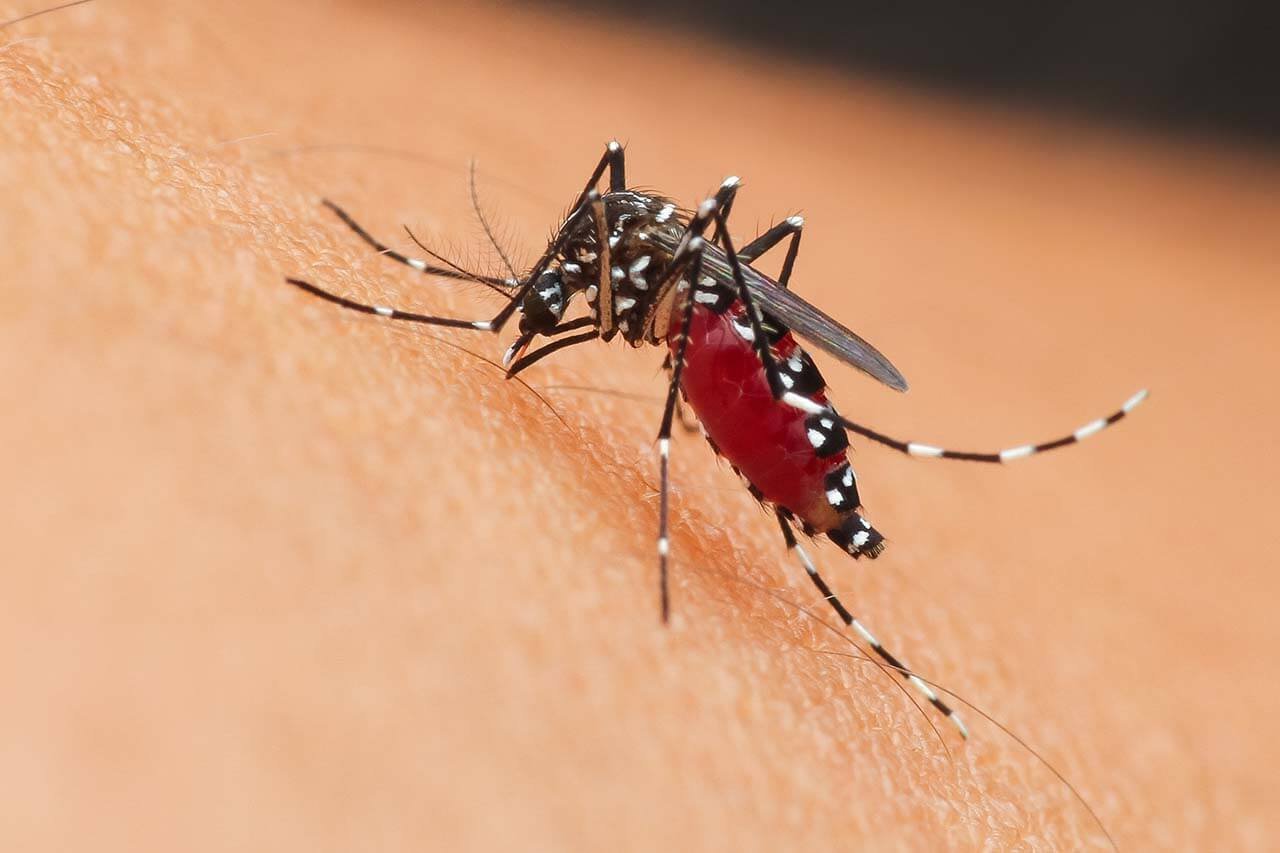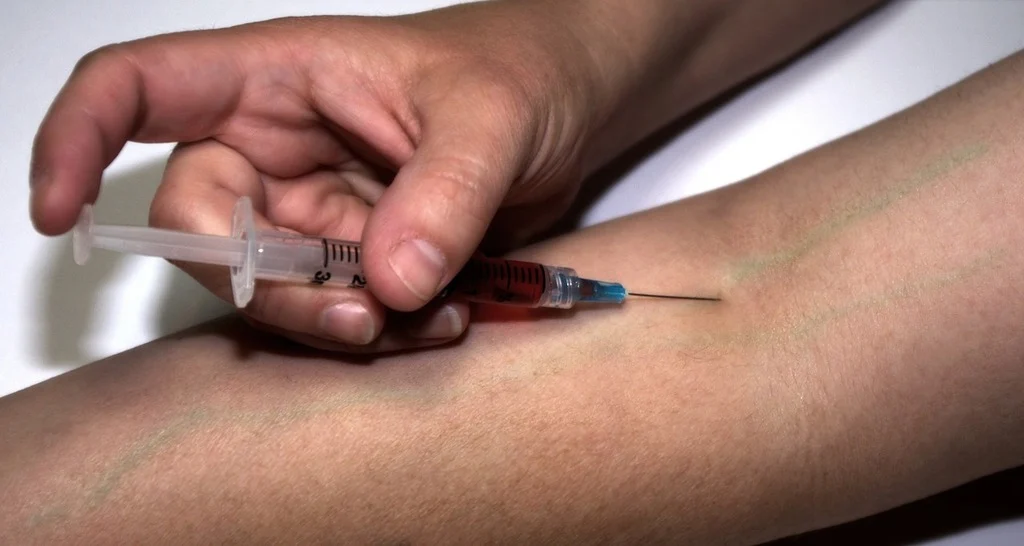By BlogHear News Desk | May 21, 2025
The West Nile virus has been detected in UK mosquitoes for the first time, the UK Health Security Agency (UKHSA) confirmed on Tuesday. Although the risk to the general public remains “very low”, health authorities will issue updated guidance to healthcare professionals across the country.
The virus, which is transmitted by mosquitoes, generally causes mild or no symptoms in most individuals. However, approximately 1 in 5 people infected may experience headaches, high fever, skin rashes, and in rare cases, severe neurological complications.
No Human Infections in UK Yet
UKHSA noted that there is currently no evidence of ongoing virus circulation among birds or mosquito populations in the UK. To date, no human cases of West Nile virus acquired within the UK have been reported, though seven travel-related cases have been documented since 2000.
Virus Detected in 2023 Mosquito Samples
The detection stems from a joint surveillance programme by the UKHSA and the Animal and Plant Health Agency (APHA), which identified fragments of the virus in mosquitoes collected during 2023.
“While this is the first detection of West Nile virus in UK mosquitoes, it is not unexpected,” said Dr. Meera Chand, Deputy Director for Travel Health and Infections at UKHSA. “The virus is already widespread across parts of Europe.”
Climate Change Driving Vector Expansion
Dr. Arran Folly, the lead scientist on the surveillance project, highlighted the growing impact of climate change on the spread of mosquito-borne diseases. “We’re seeing a wider changing landscape where warming temperatures and environmental shifts allow these viruses to expand into new regions,” he said.
Although Aedes vexans, the mosquito species in which the virus was detected, is native to the UK, experts warn that non-native species could establish themselves in the UK as the climate continues to warm — increasing the risk of infectious disease transmission.
Public Precautions Advised
While health authorities stress that the threat to the public is low, preventative measures are recommended. These include eliminating standing water, where mosquitoes breed, and using repellents and bed nets, particularly during warmer months.
In 2024, five people died in Seville, Spain, after being infected with the West Nile virus, prompting protests over government response and mosquito control efforts.
UKHSA continues to monitor the situation and collaborate with local and international health bodies to assess and manage emerging vector-borne threats.
For more health updates and environmental news, visit BlogHear.com – your source for informed insights.




